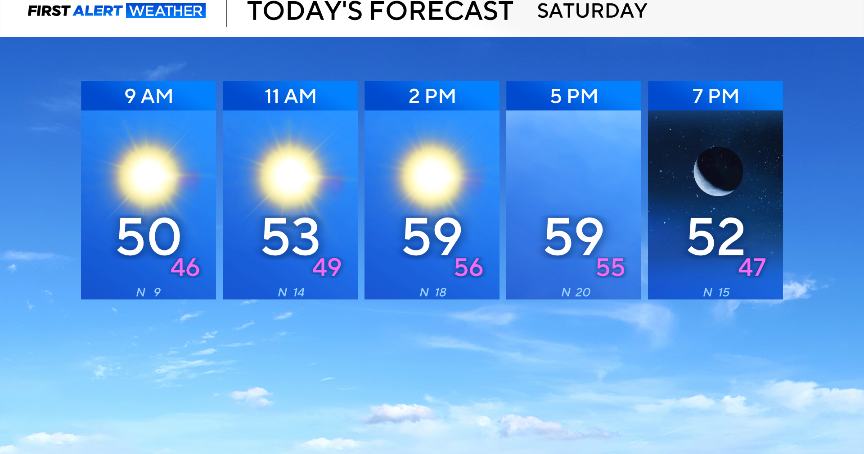What's the mortgage interest rate forecast for October 2024?
Things haven't been easy for homebuyers in recent years. Mortgage rates climbed steadily from their pandemic-era record lows, and home prices jumped, too. Throw in high inflation and it's been a hard couple of years for America's hopeful homebuyers.
Fortunately, things are starting to change. Mortgage rates have eased up in recent weeks, and the Federal Reserve's September rate cut could help things improve even more as we head into fall.
Are you considering buying a home or refinancing in the near future? Here's what you can expect for mortgage rates this fall, according to the pros.
Learn more about the top mortgage rates you could qualify for here.
What's the mortgage interest rate forecast for October 2024?
Mortgage rates tend to move in anticipation of potential Fed moves, and when Fed Chairman Jerome Powell all but guaranteed a rate cut in his economic speech last month, mortgage rates tumbled notably over the past few weeks. The average interest rate on 30-year mortgages fell from 6.72% at the start of August to the 6.15% average it sits at today.
"The market already priced it in," says Kevin Leibowitz, a mortgage broker at Grayton Mortgage. "That's why we're seeing lower rates."
The Fed also opted to cut its rate by 50 basis points rather than the anticipated 25 basis points at its September meeting, which was at least partially factored into rates prior to the cut. However, the larger than expected cut could have a further impact on rates — as could future Fed rate cuts, which are still widely expected to occur throughout the remainder of 2024 and into 2025.
The Fed's commentary can also "move the market," Leibowitz says.
"The key is the comments the Fed makes about future cuts," says Debra Shultz, vice president of lending at The Shultz Group at CrossCountry Mortgage. "The market is always ahead of the Fed, meaning analysts are guessing where rates are headed, and the markets move accordingly."
For the most part, though, experts largely expect rates to fall lower this fall.
"The Fed has stopped saying, 'We are waiting for more data,' and is now focused on when and how fast to cut," Shultz says. "I predict high 5% rates in the next two to three weeks — max."
Currently, the Mortgage Bankers Association predicts a 6.5% average mortgage rate by the end of the year (though that prediction is from the group's August 15 forecast). Fannie Mae projects a 6.4% average.
"Over the next month or two, and as we get closer to the election, we should see rates continue to improve," says Darren Tooley, a loan officer and sales manager at Union Home Mortgage. "It's hard to say precisely how much they will improve during this time as a lot of the information that will determine that is yet to come out, but I think seeing a rate improvement over 0.25% over the next couple of months is well within reason."
Again, bigger-than-expected rate cuts or commentary that indicates more rate cuts are en route are what could push mortgage rates even lower.
"If The Fed decides to cut rates by .50%, then that can help speed things up — causing mortgage rates to fall even further and faster than currently anticipated," Tooley says.
Find out how affordable a mortgage loan could be today.
The bottom line
At the end of the day, these are just forecasts, and there's no guarantee that mortgage rates will go one way or another this fall. While lower rates are likely, Fed moves, inflation, and unemployment could all throw things off track and move rates in a different direction.
"Consumers should not assume one way or another," Shultz says. "If the market has dropped too fast based on what the Fed says, a rate cut can be considered underwhelming, and rates can actually go up. If the Fed cuts slightly less than expected, but the verbiage is 'We expect more frequent and greater cuts down the road', then you can see a smaller cut cause rates to drop. The market will decide rate direction."
There's also the election to think about.
"Along with The Feds decision on rate cuts, the two other factors that are heavily influencing mortgage rates right now are jobs and inflation. These economical measures, along with the election cycle and the candidates' future plans to boost the economy will determine the path of mortgage rates this fall," Tooley says.




